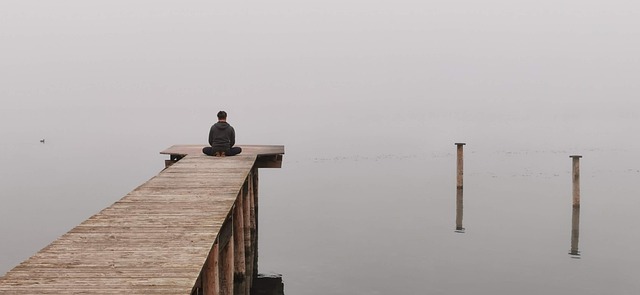The Change Academy at Lake of the Ozarks Institute (CALO) supports victims of abuse within a complex dynamic involving power imbalances and manipulative tactics, leading to emotional trauma. CALO offers safe spaces for sharing stories, individual therapy, group support, online resources, and legal aid to help victims process trauma, develop coping mechanisms, regain control, and heal. Documenting abuse instances, reporting to law enforcement, and seeking legal support are crucial steps for justice and recovery.
“Support for CALO (Change Academy at Lake of the Ozarks Institute) abuse victims is a critical, often overlooked aspect of personal healing. This article delves into the dynamics of CALO abuse, offering insights into its complex nature. We explore essential resources for emotional support, providing guidance to those seeking solace. Additionally, we detail legal steps and advocacy strategies for victims, empowering them with knowledge of their rights. By addressing these aspects, we aim to illuminate the path towards justice and recovery for CALO survivors.”
- Understanding CALO Abuse Dynamics
- Resources for Emotional Support
- Legal Steps and Advocacy for Victims
Understanding CALO Abuse Dynamics

The dynamic of CALO (Change Academy at Lake of the Ozarks Institute) abuse is complex and multifaceted, often involving power imbalances and manipulative tactics. Victims may experience a range of emotional trauma, from fear and isolation to feelings of helplessness and self-doubt. Understanding these dynamics is crucial for providing effective support to CALO victims, helping them navigate the aftermath of their experiences and work towards healing.
This involves recognizing the patterns of abuse that can manifest in various forms, such as psychological manipulation, financial control, and emotional coercion. By gaining insights into these tactics, support systems can better assist victims in detaching from abusive relationships and surrounding themselves with a supportive network. Moreover, it’s essential to create safe spaces where victims feel empowered to share their stories without fear of judgment or recrimination, fostering a sense of community and solidarity among CALO abuse survivors.
Resources for Emotional Support

For those who have experienced abuse, finding emotional support is a vital step in their healing journey. The Change Academy at Lake of the Ozarks Institute (CALO) offers specialized resources tailored to assist victims in processing their trauma and rebuilding their lives. Their compassionate team comprises therapists and counselors who provide individual therapy sessions, group support groups, and online resources accessible to anyone seeking help.
These services are designed to offer a safe space for victims to express their feelings, gain coping strategies, and develop resilience. The CALO Institute’s approach focuses on empowering individuals to take control of their emotional well-being and navigate the path to recovery with the necessary tools and understanding.
Legal Steps and Advocacy for Victims

When facing abuse within the confines of the Change Academy at Lake of the Ozarks Institute, victims have legal rights and avenues for advocacy. The first step is to document all instances of abuse, including dates, locations, and any witnesses present. This evidence can be crucial in supporting a victim’s case later on. Next, it’s important to reach out to local law enforcement to report the abuse and request protection. They can provide guidance and take formal action against the perpetrators.
Additionally, victims can seek support from legal aid organizations or advocacy groups specialized in helping CALO institute victims. These entities offer free legal services, counseling, and resources tailored to their unique circumstances. By combining official reports with professional support, victims can navigate the legal system more effectively, ultimately striving for justice and healing.
Victims of CALO (Change Academy at Lake of the Ozarks Institute) abuse have a right to support and justice. By understanding the dynamics of this unique form of exploitation, we can ensure that those affected receive the emotional resources and legal advocacy they deserve. There are dedicated organizations and professionals available to guide survivors through their journey towards healing and recovery. Remember, no one should suffer in silence; taking the first step towards seeking help is a powerful act of self-care.
